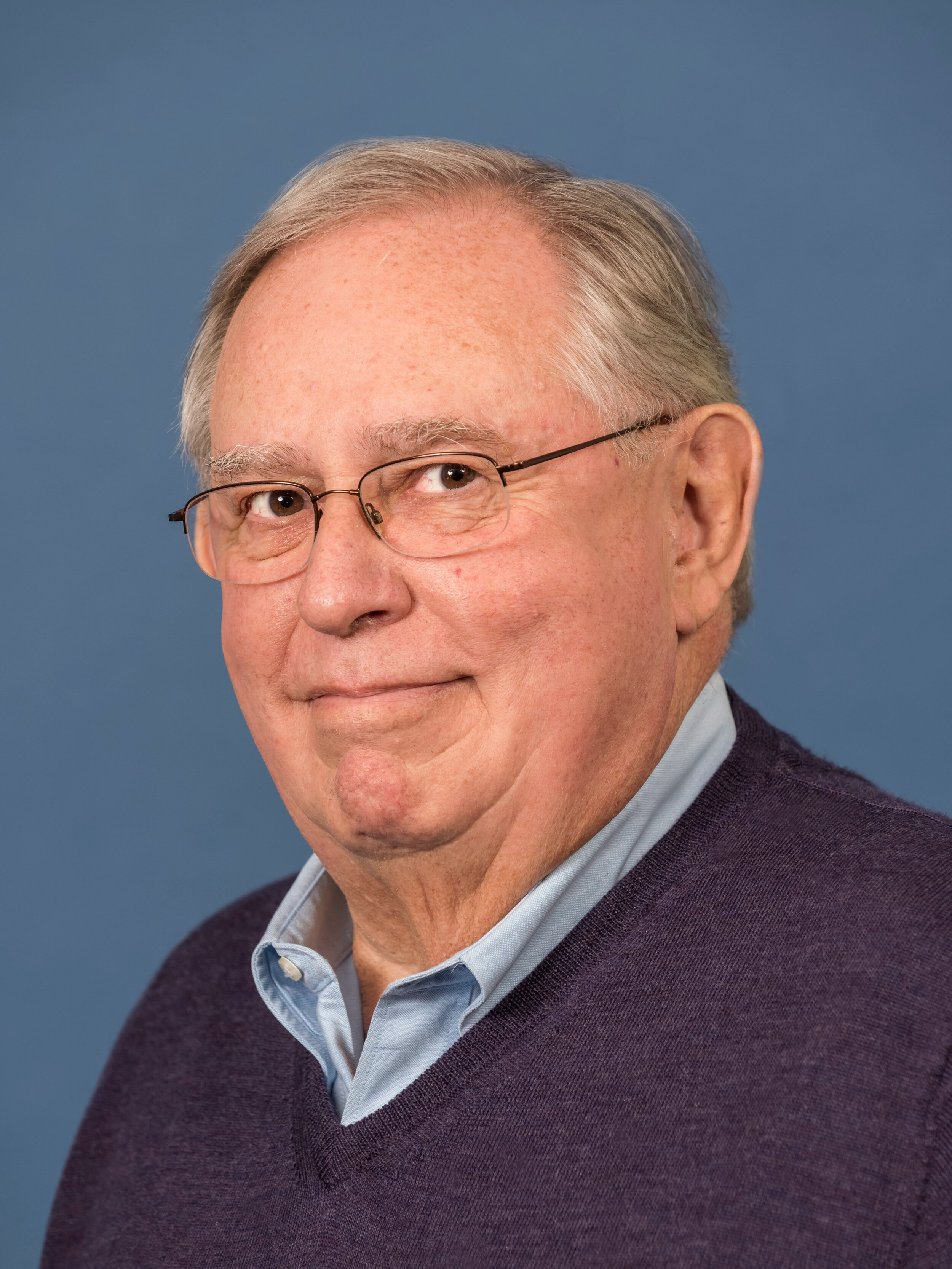Jack Blum
Jack Blum is a Washington lawyer who has had a unique career spanning government service, international work for the UN and for various governments, and work for private companies in controlling money laundering fraud and corruption.
He is a graduate of Bard College and Columbia Law School. At Bard he studied with Heinrich Bluecher, a philosopher, and the husband of Hannah Arendt. After he died Blum got to know her and visited with her in New York up to the time of her death in 1975.
Almost immediately after law school Blum went to work for the Senate Antitrust and Monopoly Subcommittee under Senator Philip Hart of Michigan. In that capacity he led investigations into the newspaper industry, real estate title insurance, the petroleum industry, housing redlining and mortgage fraud. Among notable firsts he organized the first senate hearings on ocean pollution, uncovered a map produced by an association of Boston bankers with a red line showing where blacks could get mortgages, The mortgage fraud investigation previewed the savings and loan crisis that came 20 years later.
He also worked with Senator Hart on campaign finance reform legislation focused on the rates charged to candidates.
He then went to the Senate Foreign Relations Committee where he worked on the role of ITT in attempting to overturn the election of Salvador Allende as president of Chile. In a closed session he asked the questions about the CIA’s role in the affair which led to the indictment of Richard Helms, the former Director for lying under oath.
The work of the Subcommittee on Multinational Corporations then moved to investigations of international banking, international oil, and ultimately to the question of corruption. The disclosure of Lockheed Aircraft’s bribes to foreign governments led to the conviction and imprisonment of Prime Minister Tanaka of Japan and the abdication of Prince Bernhardt and Queen Juliana of the Netherlands. In response to the disclosure Congress passed the Foreign Corrupt Practices Act.
After leaving the Senate staff in 1976 Blum work as a consultant to the United Nations on drafting an convention on controlling corruption – an effort that failed miserably. He then turned his attention to private practice representing victims of crime and fraud and gasoline retailers in their struggles with major oil companies.
In 1985 Blum became aware of the role General Manuel Noriega was playing in supporting the drug cartels in Columbia and testified about the issue in a closed session of the Foreign Relations Committee. The following year he returned to the Committee staff to lead the investigation of the relationship of the Contra war in Nicaragua to the drug trafficking problem.
The investigation focused on the role of money laundering and the criminal activity of the Bank of Credit and Commerce International – then the world’s twentieth largest privately owned bank. When the Justice Department declined to deal with the case, Blum took the evidence to the New York County District Attorney, Robert Morgenthau, who had the bank closed and indicted many of its officers.
In 1990 Blum ran in the Democratic Primary for Congress from Maryland. He lost to election but focused attention on his opponent who had raised more than $1 million from various bankers, sat on the House Banking Committee, and at the time of his fund raising was unopposed.
Blum then began consulting for the Internal Revenue Service on the prevention of offshore tax evasion. He ran multiple training programs for IRS personnel, testified on offshore evasion issues, and help various news organizations develop stories of the problem of offshore. In 1994 he did an undercover taping of a corrupt banker in the Cayman Islands for BBC and PBS Frontline. The resulting programs led to the closing of the corrupt bank and an international focus on the problem of offshore tax evasion.
In 2000 Blum began consulting for the United Nations Office of Crime and Drug Control on the issues of corruption and asset recovery. He chaired a UN sponsored Committee on Asset Recovery and led meeting in Vienna to develop proposals. In 2001 he chaired an international program on money laundering in St. Petersburg, Russia. The occasion for the conference was the unveiling of new anti money laundering laws in Russia. In 2002 he chaired a similar conference in Santiago Chile for Latin American bank regulators and law enforcement personnel.
As part of his work for the UN Blum visited Nigeria and met with Nigerian officials involved in the recovery of money stolen from the Nigerian treasury by the former dictator, Sani Abacha.
Over the next number of years, continuing to the present day, Blum has worked training law enforcement officials and bak regulators on prevention of money laundering. He has worked with officials of the treasury department, the IRS and other government agencies on recovering funds from tax evaders and criminals.
Jack currently serves as Counsel for Americans for Democratic Action and is Chair of Tax Justice Network USA, and the Violence Policy Center.
Jack has been a stalwart beloved friend, advisor, mentor, and confidant for decades, challenging me, engaging me in “good trouble,” and keeping me out of bad trouble for decades. At least he tried. He served on the initial Institute for Global Leadership Board, and participated in many of our programs. These links give you a sense of the man:
https://www.nytimes.com/1991/08/22/business/washington-at-work-a-crusader-driven-by-outrage.html
https://web.law.columbia.edu/public-integrity/profiles-public-integrity-jack-blum

